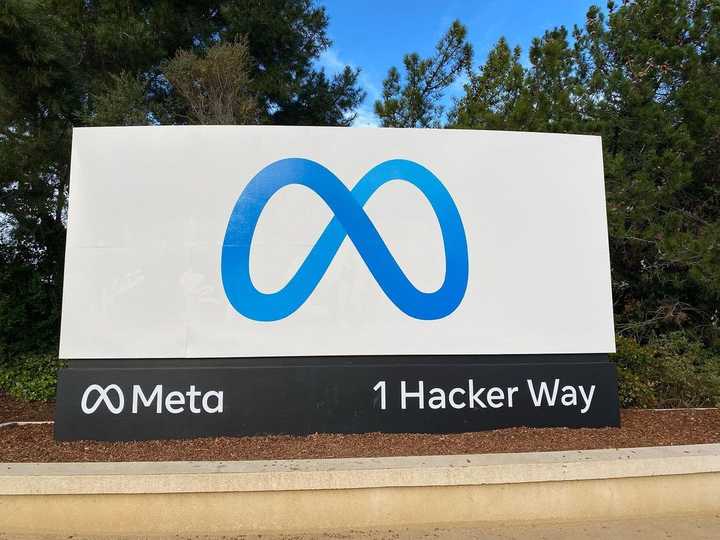Meta CEO Mark Zuckerberg announced the changes in a video statement on Tuesday, Jan. 7. The company that owns Facebook, Instagram, WhatsApp, and Threads, will replace its fact-checking program with a Community Notes system similar to the one implemented on X (formerly Twitter).
Zuckerberg said the new system's goal is to reduce bias and restore free expression.
"Fact-checkers have been too politically biased and destroyed more trust than they’ve created, especially in the U.S.," said Zuckerberg. "What started as a good-faith effort to address misinformation became a tool for censorship."
Meta launched its fact-checking program in 2016 as it tried to address concerns about misinformation but faced criticism for political bias and overreach.
"After Trump first got elected in 2016, the legacy media wrote nonstop about how misinformation was a threat to democracy," Zuckerberg said. "We tried in good faith to address those concerns without becoming the arbiters of truth but the fact-checkers have just been too politically biased and have destroyed more trust than they've created, especially in the U.S."
The planned Community Notes system will be rolled out over several months in the U.S. Like on X, users will be able to provide context to posts and Meta won't be in control of the notes.
Zuckerberg also said the shift aims to reduce mistakes inherent in automated systems, which he admitted had accidentally censored millions of legitimate posts.
"Even if automated systems mistakenly censor just one percent of posts, that’s millions of people silenced," he said. "It’s time to focus on reducing mistakes, simplifying our policies, and getting back to our roots of giving people a voice."
The move is Zuckerberg's latest attempt to appeal to President-elect Trump before he takes office again in about two weeks.
Meta donated $1 million to Trump's inauguration fund, the Wall Street Journal reported. Trump ally and UFC president Dana White was also named to Meta's board of directors, the company announced on Monday, Jan. 6.
Zuckerberg said Meta will work with the Trump administration to oppose governments around the world that he claims are pushing to censor.
"Europe has an ever-increasing number of laws, institutionalizing censorship, and making it difficult to build anything innovative there," Zuckerberg said. "Latin American countries have secret courts that can order companies to quietly take things down. China has censored our apps from even working in the country."
After Meta's announcement, Federal Trade Commission Chair Lina Khan said on CNBC’s "Squawk Box" that she hopes big tech companies like Facebook and Amazon won't get a "sweetheart deal" from Trump.
"We should have an economy where the decisions of a single company or a single executive are not having extraordinary impact on speech online," said Khan.
Meta’s content moderation approach will also change.
Filters will now focus on illegal and high-severity violations, such as terrorism and child exploitation. Lower severity issues will require user reports before action is taken.
Content filters will be tuned to require greater confidence before removal, reducing the risk of accidental censorship.
"These changes mean we’ll catch less bad stuff, but we’ll also stop silencing so many innocent users," Zuckerberg said.
Meta also said it will roll back restrictions on politically charged topics, such as immigration and gender identity. Zuckerberg said a movement that started as a push for inclusion "has been used to shut down opposing views."
Meta will also reintroduce civic and political content to user feeds after years of suppressing such posts.
"We’re in a new era now, and people want to see this content again," Zuckerberg said.
Meta’s trust and safety teams will also relocate from California to Texas.
Click here to follow Daily Voice Long Hill and receive free news updates.
